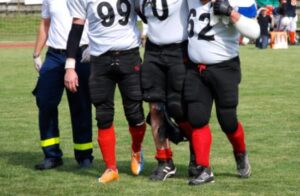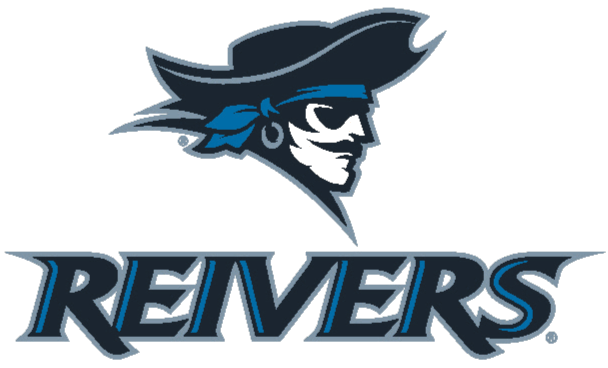 High-Frequency Sports Injuries Can Happen, We Can Help
High-Frequency Sports Injuries Can Happen, We Can Help
Sports are a healthy, fun pastime that not only enables people to aspire to greater fitness level but also provides a form of entertainment for many. However, since many sports often require rigorous training, intense exercise, heightened flexibility, and bodily strain, athletic activities carry the risk of sports injury.
Overexerting yourself to throw the football further, kick the soccer ball into a goal, or slam a tennis ball into your opponent’s court could harm or even seriously impair your body. Orthopedists, doctors who diagnose and treat musculoskeletal conditions, often specialize in sports medicine because athletes regularly harm their muscles, bones, ligaments, tendons, or suffer from other sports-related injuries.
Since sports activities often require repeated movements and putting pressure on the same joints and bones over and over, certain conditions are common for athletic people. Some of the most frequently reported sports-related injuries orthopedic surgeons see include:
- Shoulder injury: Any sport that involves throwing, such as baseball or football, can cause shoulder injuries including inflamed joints or torn ligaments. The rotator cuff tendons in the shoulder are particularly prone to sports-related damage.
- Torn ACL (knee): The anterior cruciate ligament, or “ACL,” helps your knee move properly. Overuse or rapid twists can damage or tear the ACL, limiting your leg movement.
- Ankle sprain: Stretching or rupturing your ankle ligaments can be uncomfortable and impair your mobility. This injury can occur during any sport that requires repetitive foot movements.
- Fractures: A fracture occurs when a bone becomes cracked or broken. Stress fractures are very common in contact sports, such as football, or sports which involve repetitive movements like long-distance running.
- Epicondylitis: Also called “tennis elbow” for the sport that most frequently causes it, this is a swollen outer elbow joint.
- Hip bursitis: The hip’s “bursa” are fluid-filled membranes that pad the joints. Biking, running, or standing for long periods can cause them to swell.
- Lower back pain: Running, bending over, and twisting can put undue pressure on your lower back vertebrae, muscles, and ligaments, harming them and causing pain.
- Shin splints: These are sharp pains that result from running. They can be caused by an improper foot arch, swollen shin muscles, or even stress fractures, small cracks in the leg bones.
- Hamstring pull: Repetitive jumping or running can overextend the muscles along the back of your thigh.
- Groin pull: Jumping, sprinting, and sudden movements can injure the muscles that connect your pelvis to your upper thighs, causing a groin pull. You may hear a crackling sound as you strain these muscles and then feel a prolonged aching when you attempt to use your thighs, especially when lifting or closing them.
- Achilles tendinitis: The “Achilles” muscles adjoining your calf with your heel can become swollen and uncomfortable.
- Plantar fasciitis: The tissue that runs from your heel to your toes is called “fascia”. If it becomes damaged or stretched, the bottom of your foot may experience sharp pains and swelling.
Athletes experiencing pain and discomfort for time should consult with sports medicine physician to evaluate their symptoms and devise a treatment plan to reduce pain, reduce the chances of further injury or damage to the affected area and get you back in the game. For help with any of the conditions listed above, please visit our free sports injury clinic or schedule an appointment with Miller Ortho.
 High-Frequency Sports Injuries Can Happen, We Can Help
High-Frequency Sports Injuries Can Happen, We Can Help
